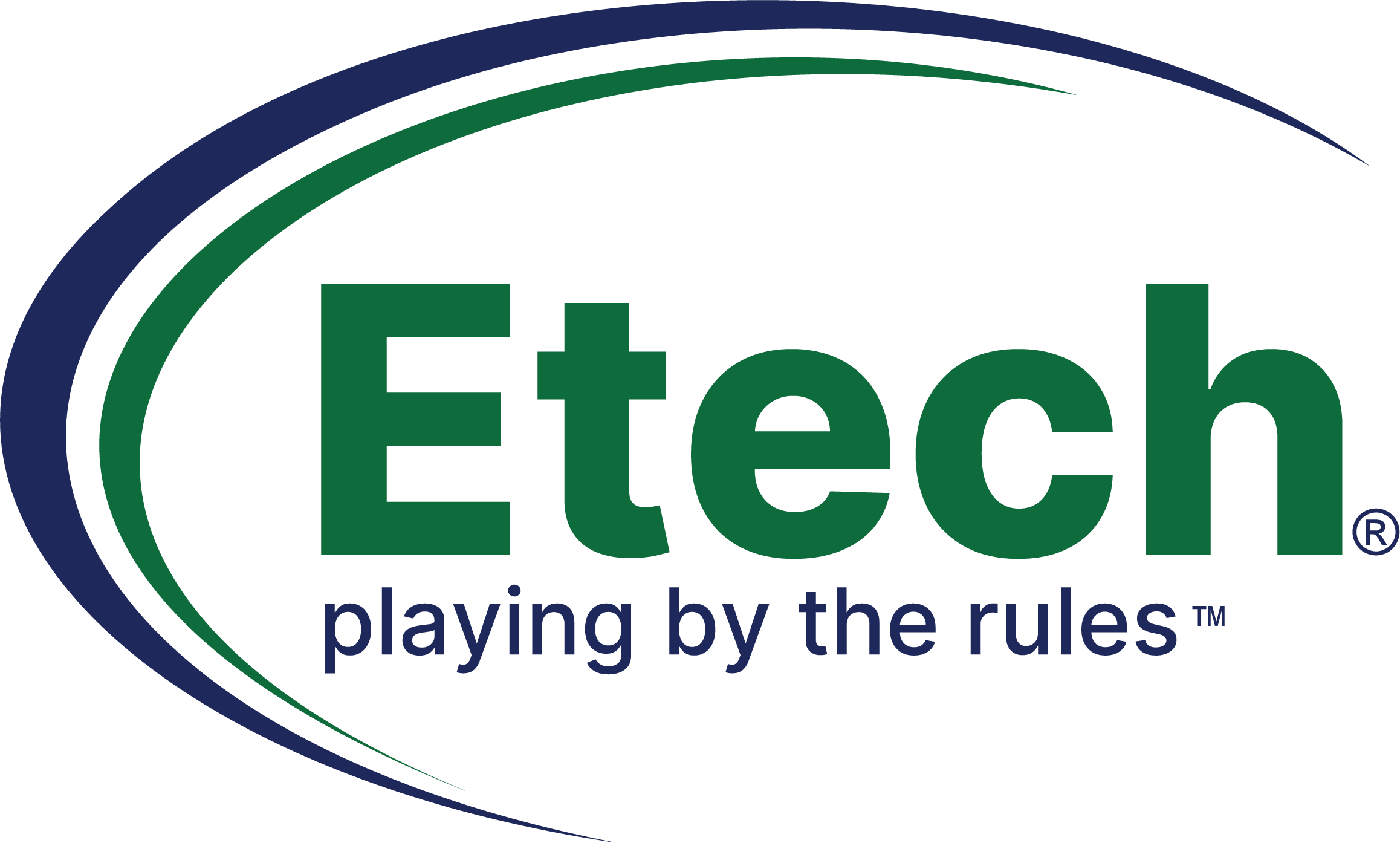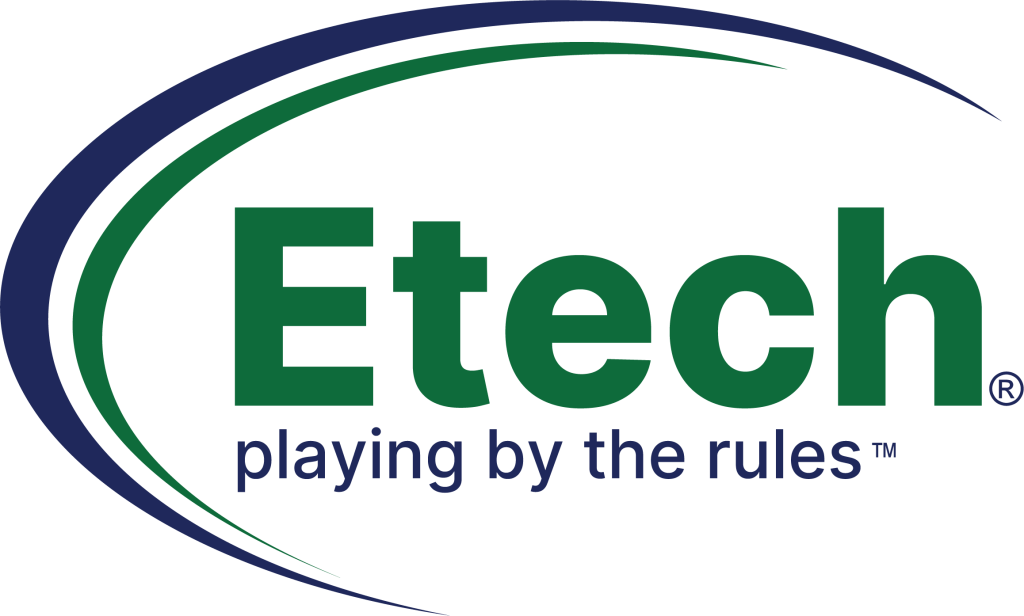What are the best ways to give and receive feedback at work?

Effective feedback isn’t just a nice-to-have skill – it’s the foundation of professional growth, team success, and organizational excellence. Whether you’re delivering constructive criticism or receiving input on your performance, mastering the art of workplace feedback creates a culture of continuous improvement and mutual respect.
Learning to give and receive feedback effectively transforms workplace dynamics and accelerates both individual and team development. Here are the essential strategies for creating meaningful feedback exchanges that drive results:
Giving Feedback That Makes an Impact
1. Choose the Right Time and Setting
Timing is everything when delivering feedback. Schedule conversations when both parties can focus without distractions. Create a private, comfortable environment that encourages open dialogue. Avoid giving feedback during stressful periods or in public spaces where others might overhear sensitive discussions.
2. Focus on Specific Behaviors, Not Personality
Effective feedback addresses actions and outcomes rather than character traits. Instead of saying “You’re disorganized,” try “I noticed the project timeline wasn’t updated last week, which caused confusion for the team.” This approach makes feedback actionable and less likely to trigger defensive responses.
3. Use the SBI Model: Situation, Behavior, Impact
Structure your feedback using this proven framework. Describe the specific situation, explain the observed behavior, and clarify its impact on you, the team, or the project. This method ensures clarity and helps the recipient understand exactly what needs attention.
4. Balance Constructive Criticism with Recognition
While addressing areas for improvement is important, don’t forget to acknowledge what’s working well. Recognizing strengths alongside development areas creates a more balanced conversation and maintains motivation for positive change.
5. Make It a Two-Way Conversation
Great feedback isn’t a monologue. Ask questions, listen actively, and encourage the recipient to share their perspective. This collaborative approach leads to better understanding and more effective solutions.
Receiving Feedback Like a Professional
1. Listen Without Defending
Your first instinct might be to explain or justify your actions, but resist the urge to become defensive. Listen carefully to understand the message fully before responding. Take notes if necessary to demonstrate your commitment to improvement.
2. Ask Clarifying Questions
If feedback isn’t clear, ask specific questions to better understand expectations. Questions like “Can you give me an example?” or “What would success look like in this area?” help you grasp exactly what changes are needed.
3. Thank the Feedback Giver
Regardless of how the feedback feels in the moment, expressing gratitude shows professionalism and encourages future honest communication. Remember that most people find giving feedback uncomfortable, so acknowledge their effort to help you grow.
4. Take Time to Process
You don’t need to respond immediately to all feedback. If the input is significant or emotionally challenging, it’s perfectly acceptable to say, “I appreciate this feedback. Let me think about it and follow up with you tomorrow.”
5. Create an Action Plan
Transform feedback into concrete steps for improvement. Work with your supervisor or colleague to establish specific goals, timelines, and check-in points. This demonstrates your commitment to growth and makes progress measurable.
Building a Feedback-Rich Culture
Organizations that embrace regular feedback exchanges see higher employee engagement, improved performance, and stronger retention rates. Encourage peer-to-peer feedback, implement regular check-ins beyond annual reviews, and recognize team members who demonstrate excellent feedback skills.
Remember that effective feedback is a skill that improves with practice. Start small, focus on building trust, and gradually expand your comfort zone with both giving and receiving input. When done well, feedback becomes a powerful tool for professional development and team success.
Ready to transform your workplace communication? Start implementing these feedback strategies today and watch as your professional relationships strengthen and your career accelerates through meaningful growth conversations.
Take the next step toward communication excellence. Contact Etech today to discover how our proven methodologies can transform your team’s feedback practices and accelerate your organization’s success.


